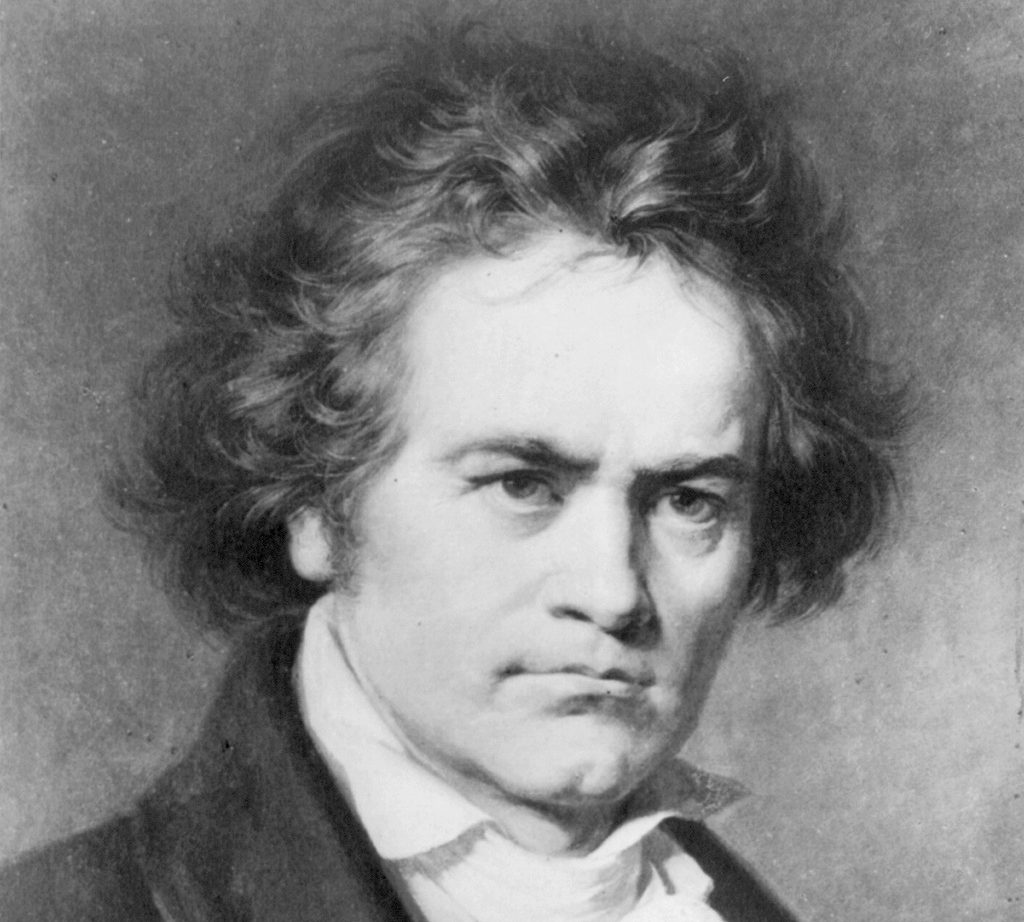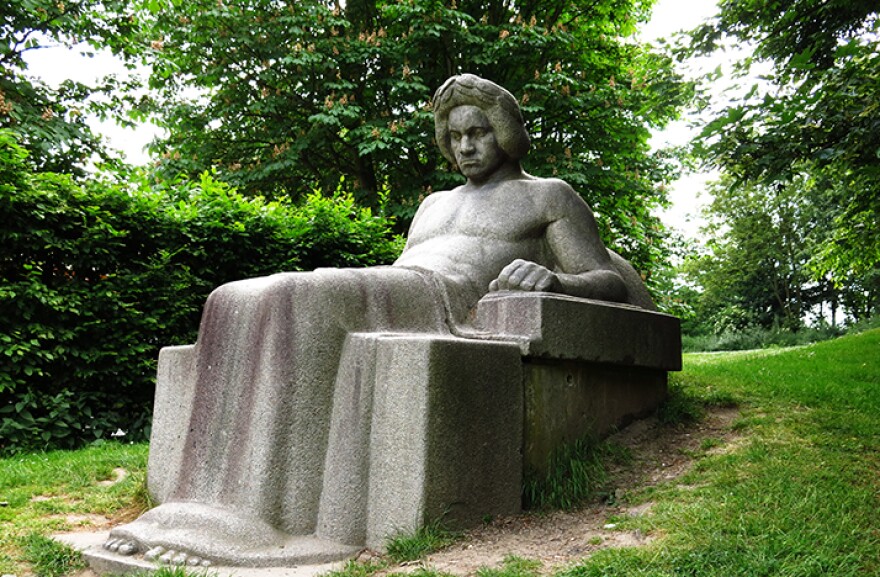Beethoven’s Music Is at the Core of Everything
If we had to give up music, it wouldn’t be a small thing. A world without music, just like a world without flowers, the sea or spring, would be uninteresting. Music is not entertainment: it is food for the soul. We have to take care of music with the love and devotion warranted by a heritage that we can’t live without, because without music our lives would be rather sad. When I attended music school, I enjoyed playing Chopin above all else. I felt like he had written all of the Nocturnes especially for me, and I know I wasn’t the only one who felt that way. His music always touched my heartstrings and to this day I still listen to him the most. However, I had a friend who admired Beethoven, a composer whom I found much more difficult to understand, but probably every period of life has its own priorities and, who knows, maybe Beethoven will still reach me.
Among the great German musicians of the nineteenth century, Beethoven is certainly the most famous and the most popular. You could say that he is “the core around which the organisation of concerts throughout the world is formed”. For musicologists, he is the man most closely associated with so-called absolute music, and his primacy in this respect remains unrivalled. There is no one with an average education who doesn’t know his symphonies, his piano concertos, at least some of his piano sonatas and his overtures. The story of his life and personality has also been told, written and presented countless times. Nor can we or should we overlook his body image. He was a man of strong features, robust and stout, broad-shouldered, with a lion’s mane and a face with a darker complexion, furrowed with smallpox. With his piercing look and shrill voice, he was sometimes uncouth and clumsy towards others. His health was weak due to various illnesses. He began to lose his hearing at a very young age and eventually became completely deaf, which was the greatest tragedy of his life.

In this rather unattractive body lived a very noble soul, strong and persistent, sensitive and gentle, aloof, brutally honest and even harsh, as often happens to those who had a difficult childhood lacking in love. His mother, who died when the young musician was just 17 years old, was a cook and his father was an alcoholic. If you are a friend of the Philharmonic, then you know that Beethoven is at home here, but of course he is not the only one. Beethoven’s popularity is also due to another factor: he always sought freedom and independence, dignity for man, love for humanity. It is interesting how we appreciate these virtues even today, more than 250 years after his birth. Whereas Haydn and Mozart created within a narrow circle of aristocratic families who supported them financially, Beethoven lived from his own works, which he sold to publishers for a fee, thus often opening art to a wider audience. When Mozart dared to rebel against the feudal order of the Archbishop of Salzburg, he condemned himself to a difficult life. Beethoven, on the other hand, faced this feudal order as a free and independent man.

I admit that I like to delve deeper into things, and when I hear music I always wonder who is behind the notes. Who is the person, the soul, the artist, the character, whom our musicians subsequently interpret in their own way? There is no such thing as coincidence, not even in music, and a melody always touches you just when you need it the most.
